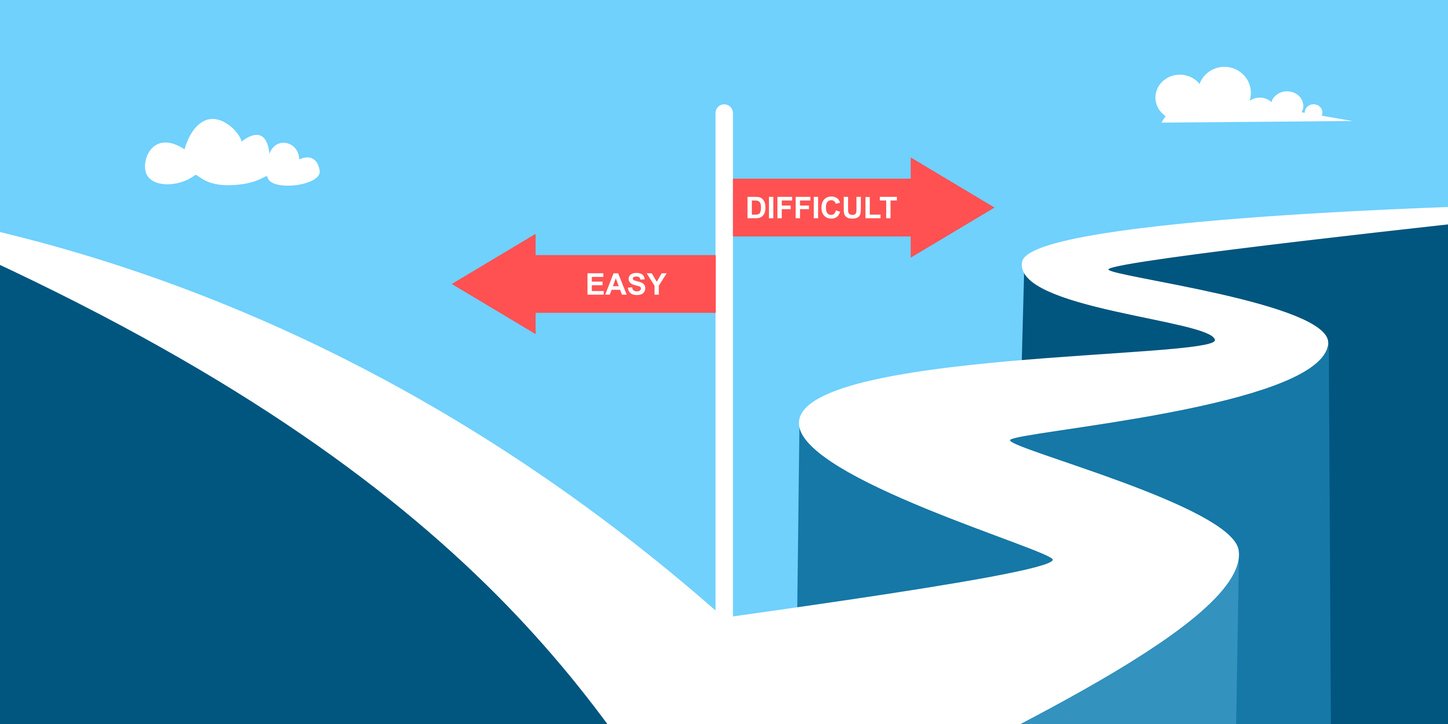Imagine building an airplane while it is already in flight. The airplane MUST remain in the air. EVERY component is essential, and EVERY adjustment must be precise, all while keeping the aircraft aloft. This is similar to the real life reality of scaling a business— Entrepreneurs / CEOs must simultaneously manage growth, innovation, AND execution, with no option to land and recalibrate. In such a high-stakes environment, the traditional top-down decision-making model is a liability. Instead, what rapidly scaling companies need is an "idea meritocracy," a system where the best ideas rise to the top, regardless of their origin, enabling the company to stay airborne and continue accelerating.
What Is an Idea Meritocracy?
An idea meritocracy is a system of governance where the best ideas win, regardless of where or from whom they originate. It is a culture in which decisions are made based on the merit of ideas rather than the hierarchical position of the individuals proposing them. This approach stands in stark contrast to traditional, top-down decision-making processes, where authority often dictates direction, and voices lower down the hierarchy can be stifled or ignored.
Ray Dalio, the founder of Bridgewater Associates and a prominent advocate of idea meritocracies, describes it as a system that "brings together smart, independent thinkers and promotes meaningful work and meaningful relationships through radical truth and radical transparency." Dalio emphasizes that in an idea meritocracy, "you get the best thinking from the most capable people," which is crucial for making sound decisions, especially in complex, rapidly changing environments.
The Importance of an Idea Meritocracy in Scaling Companies
For rapidly scaling companies, the challenges are multifaceted. Growth brings complexity, and complexity is a breeding ground for inefficiency, miscommunication, and decision-making paralysis if not managed effectively. As organizations grow, the distance between decision-makers and the realities of the business increases, making it even more challenging for those at the top to stay connected to the very frontline insights are essential for driving innovation and responsiveness. An idea meritocracy addresses these challenges by ensuring that the best ideas—regardless of where they come from within the organization—are recognized and acted upon.
-
Promotes Agility and Innovation: In a rapidly scaling company, agility is key. The ability to pivot quickly in response to market shifts, Customer feedback, or competitive pressures can mean the difference between capitalizing on new opportunities or falling behind. An idea meritocracy fosters a culture where innovation thrives because ideas are not filtered nor suppressed by hierarchy. When every team member in the organization feels empowered to contribute, the company benefits from a broader pool of ideas and perspectives, increasing the likelihood of discovering breakthrough innovations. And besides – no one is as smart as all of us.
-
Encourages Ownership and Engagement: As companies scale, maintaining employee engagement becomes increasingly challenging. In large, hierarchical organizations, employees can feel disconnected from the decision-making process, leading to disengagement and a lack of ownership. An idea meritocracy, however, democratizes decision-making, giving everyone a stake in the company's success. When employees see that their ideas are valued and can influence the direction of the company, they are more likely to take ownership of their work and remain engaged and motivated.
-
Enhances Decision-Making: Scaling companies face a constant barrage of decisions, many of which must be made quickly and with incomplete information. In traditional organizations, decision-making is often centralized, with leaders relying on a limited set of perspectives. This can lead to suboptimal decisions, particularly in complex or rapidly changing environments. An idea meritocracy, by contrast, leverages the collective intelligence of the entire organization. By gathering input from a diverse set of voices, leaders can make more informed decisions that consider a wider range of factors and potential outcomes.
- Reduces the Risk of Groupthink: Groupthink is a common pitfall in hierarchical organizations, where the desire for harmony or conformity can lead to poor decision-making. In an idea meritocracy, the emphasis on open debate and critical thinking helps mitigate the risk of groupthink. By encouraging diverse perspectives and rigorous examination of ideas, the organization is more likely to identify potential risks and make decisions that are robust and well-considered.
- Mitigates The Five Dysfunctions of a Team: Making idea meritocracy part of your culture code actually dovetails perfectly in mitigating. As you will recall (or should recall), the foundation of The Five Dysfunctions of a Team is Vulnerability-based Trust. Without Vulnerability-based Trust, it is difficult to impossible to have productive, ideological conflict where the best ideas are cultivated and win. This is idea meritocracy. Idea meritocracy is foundational for Commitment, Accountability and Results...
Implementing an Idea Meritocracy: Challenges and Considerations

While the benefits of an idea meritocracy are clear, implementing such a culture code is not without its challenges. Implementation of an idea meritocracy often requires a significant cultural shift, particularly in organizations with entrenched hierarchical structures. Leaders must be willing to embrace radical transparency, where ideas are evaluated on their merit rather than their source. This can be uncomfortable and downright disconcerting, as it involves relinquishing some control and being open to criticism.
And let's discuss the real "moose on the table" or the "elephant in the room". Some (perhaps many) "leaders" / and "managers" have to have all of the answers as it is part of their mindset. And while this mindset is normal (and dangerous), it sucks the oxygen out of your culture, team and business... Just how much is this mindset / culture code costing you and your organization in terms of lost best ideas, commitment, accountability and results (Five Dysfunctions - Lencioni)?
Additionally, an idea meritocracy requires robust mechanisms for evaluating and testing ideas. Not all ideas are created equal, and without a disciplined approach to vetting them, the organization risks being overwhelmed by noise. Companies must develop processes for systematically assessing the feasibility and potential impact of ideas, ensuring that the best ones rise to the top.
A powerful idea meritocracy strategy is one shared by Ray Dalio. Dalio emphasizes the importance of "believability-weighted decision-making" in an idea meritocracy. This means that while all ideas are considered, the opinions of those with a track record of success in a particular area are given more weight. This approach balances the need for open input with the need for informed decision-making.
The Competitive Edge of an Idea Meritocracy
Hope is not a strategy... An idea meritocracy is not just a nice-to-have in a rapidly-scaling company; it is a competitive necessity. As organizations grow, the ability to harness the collective intelligence of the entire workforce becomes increasingly important. An idea meritocracy ensures that the best ideas, not the loudest voices nor those with the strongest political power, drive the company forward.
By promoting agility, innovation, engagement, and resilience, an idea meritocracy provides rapidly scaling companies the edge they need to navigate the complexities of growth and emerge as industry leaders. As Ray Dalio puts it, "the best ideas win out in an idea meritocracy, and that’s the way to make the best decisions and achieve the best results." For CEOs and leaders serious about scaling their businesses, embracing an idea meritocracy is not just an option; it is a strategic imperative.
Chris Young is a Trusted Advisor To Founders / CEOs | Certified Scaling Up Coach | Builder of People, Leaders, Teams & Economic Moats | Strategist and proud founder of The Rainmaker Group.



